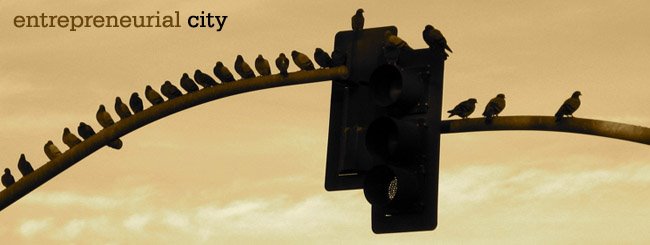
In April 1906, too eager to await arrival at Stanford University, L.M.H posts to an acquaintance an image of the traveler’s future: “I am a little ahead of myself as I will not see this for several weeks yet but never mind,” writes L.M.H. in Boston across the bottom of this postcard.
L.M.H., however, never arrived at the scene. Days after this card made post, the 1906 earthquake demolished the major monuments featured at the center of the image, the chapel and memorial arch. The caption is fitting at both personal and political scales: not only does the image portray a place the sender expected, but failed to find, the setting itself is one of a deeply occluded future. It is worth, then, a closer look at these two early nineteenth century mediums, the postcard and the campus, as they both offer an (emotional) practice that has become all but obsolete today.
The campus, as if in struggle against the increasing dispersion of everything, unites architecture and planning as a means of asserting a place defined, in ideals and materials, as a self-contained autonomy. The postcard, on the other hand, captures everything by making the most of its mass-produced redundancy, temporality, cheapness, and patchwork aesthetic; it dislodges everything from context, and alone offers its sender the small space in which a minor personal note or adventure may illuminate a whole scenery’s meaning. Nevertheless, these opposing styles of completion (autonomous singularity, or compulsive reproducibility) align in their committed expression of the not-yet: the postcard drops into the mailbox filled with the same anticipatory hope as the campus’s imagined future. “I am a little ahead of myself as I will not see this for several weeks but never mind,” scribbles L.M.H. beneath the oval green field preceding Leland’s Stanford university city which famously began with a clairvoyance of is own: “the children of California shall be my children” announced Leland shortly after the death of his only son. The campus and the postcard avow a glimpse into the distance, like an augur.




No comments:
Post a Comment